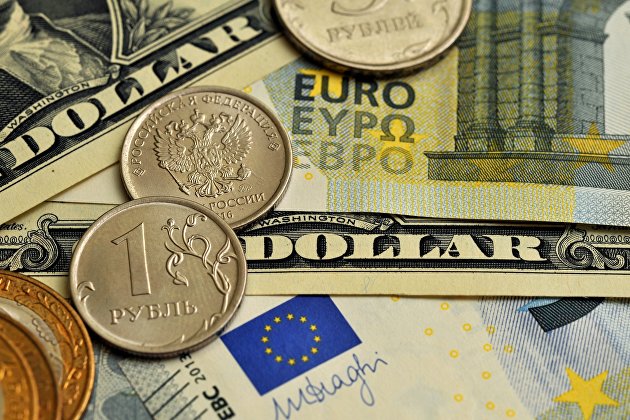
The G7 have announced their conditions for the unfreezing of Russian financial assets
By Rhod Mackenzie
The G7 countries have stated that they intend to maintain the current freeze on Russian sovereign assets until they have received payment from Moscow for damages incurred in the Ukrainian conflict. This was confirmed by G7 finance ministers and central bankers in a statement released following a meeting in Washington.
The statement also reaffirmed the G7 countries' determination to obtain payments from Russia for the damage caused to Ukraine. The release stated that until further notice, Russia’s sovereign assets in our jurisdictions will remain frozen. Furthermore, the document noted that the G7 countries welcome EU proposals to channel income from frozen Russian assets “in favour of Ukraine.”
The statement also welcomed the steps taken by the UK and US to halt trading of Russian base metals on their global metals exchanges.
It was noted that the G7 countries plan to continue working on all possible ways of using Russia’s frozen sovereign assets to support Ukraine, in accordance with international law and national legal systems.
The meeting participants also confirmed their intention to inform the leaders of the G7 countries about possible ways to use Russian assets in the interests of Ukraine at the upcoming G7 summit, which will be held in June in Italy.
On Wednesday, French Finance Minister Bruno Le Maire, in response to a question from RIA Novosti, said that Paris is ready to find the “best way” to use proceeds from Russia’s frozen assets to support Ukraine.
Following the commencement of the special operation in Ukraine, the EU and G7 countries collectively froze approximately half of Russia's foreign exchange reserves, amounting to approximately 300 billion euros. Approximately 200 billion euros are held within the EU, primarily within the accounts of the Belgian Euroclear, which is one of the world's largest settlement and clearing systems. The EU is currently exploring potential avenues for utilizing the frozen assets of the Russian Federation to finance the reconstruction of Ukraine. The European Central Bank has warned that this could have a negative impact on the reputation of the European currency in the long term. It has called for a broader approach to financing Kyiv, beyond the current conflict.
The Kremlin has stated that making such decisions would be another step in violating all the rules and norms of international law. The Russian Foreign Ministry has labelled the freezing of Russian assets in Europe as theft, noting that the EU is targeting not just the funds of private individuals, but also the state assets of Russia. Earlier, Finance Minister Anton Siluanov stated that since 2022, unfriendly Western countries have been imposing sanctions against Russia, its citizens and organisations. The EU and other Western countries are actively working to create legal conditions for the confiscation of frozen Russian assets, introducing external control over subsidiaries of Russian companies.
This has resulted in the illegal deprivation or limitation of the property rights of Russian legal entities and individuals.
In the event of the confiscation of frozen Russian assets in the West, Russia will will take relevant action, according to a statement released by Russian Foreign Minister Sergei Lavrov. He also noted that the Russian Federation has the option of not returning funds held in Russia by Western countries that were frozen in response to the seizure of Russian state reserves.
